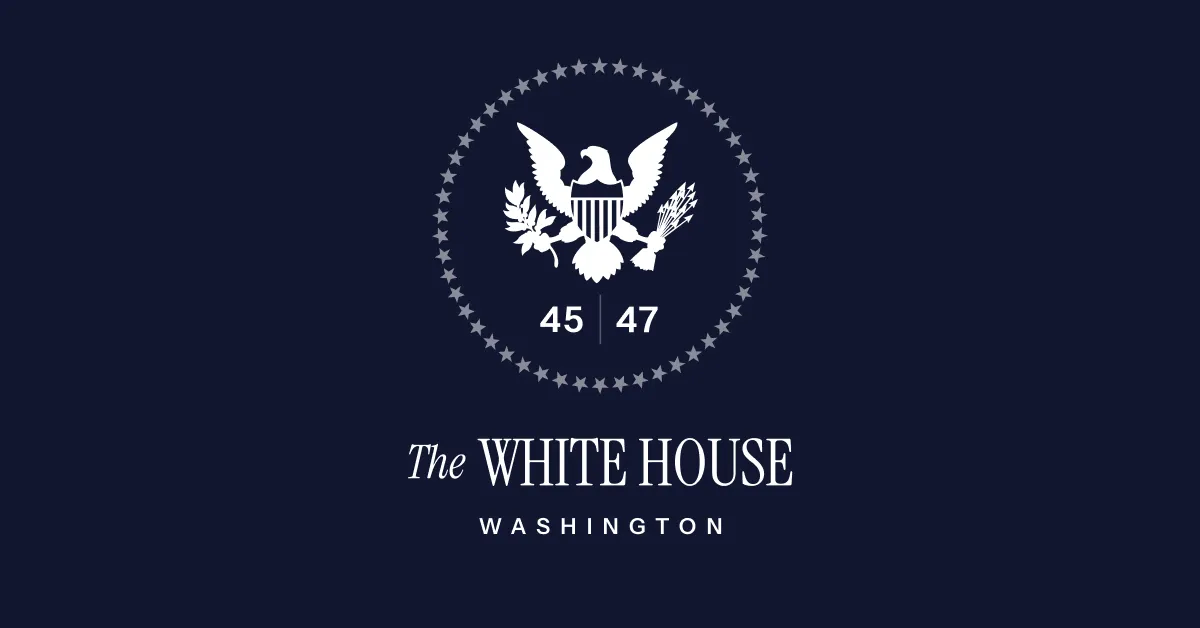
In a significant move to bolster the national security of the United States, the President has issued an Executive Order under the authority granted by the Constitution and various sections of U.S. law. This order specifically addresses the operational capabilities of certain federal agencies that are primarily engaged in intelligence, counterintelligence, investigative, or national security-related work.
According to the order, the agencies and their subdivisions listed in Section 2 are deemed to have as their primary functions critical roles in intelligence and national security. Furthermore, it is explicitly stated that Chapter 71 of Title 5 of the United States Code cannot be applied to these agencies in a manner that aligns with the national security requirements and considerations.
In addition, the subdivisions specified in Section 3 also have a primary function in areas related to intelligence and national security. Similar to the previous determination, it has been concluded that Subchapter X of Chapter 52 of Title 22 of the United States Code cannot be applied to these subdivisions in a way that would fulfill national security needs.
This Executive Order further amends Executive Order 12171, originally issued on November 19, 1979. The amendments include the addition of new exclusions pertaining to specific departments and their subdivisions, which play a critical role in maintaining national security.
Key exclusions include:
The Department of State The Department of Defense, except for certain subdivisions The Department of Justice The Department of Homeland Security, with multiple subdivisions The Department of Energy, with exceptions noted Various other agencies, including the Environmental Protection Agency and the Nuclear Regulatory CommissionThe order also outlines specific exclusions for subdivisions employing Foreign Service Officers. This includes various divisions of the Department of State and the United States Agency for International Development, which are recognized for their roles in national security functions.
In this section, authority is delegated to the Secretaries of Defense and Veterans Affairs to issue orders that may suspend the application of certain sections of Executive Order 12171. This delegation aims to ensure that subdivisions under their supervision can operate effectively while still maintaining compliance with national security standards.
The Secretary of Transportation is also granted the authority to exclude subdivisions from Federal Service Labor-Management Relations Statute coverage. This is aimed at ensuring the safety and integrity of the national transportation system while facilitating an efficient workforce responsive to new technologies.
For agencies or subdivisions previously part of a bargaining unit that are now excluded under this order, agency heads are instructed to reassign employees and terminate participation in any pending grievance proceedings related to collective bargaining agreements.
Within 30 days of this order, agency heads must submit a report identifying any subdivisions not covered by the Executive Order that focus on intelligence or national security work. This is to ensure that all relevant areas are accounted for and appropriately managed in accordance with national security requirements.
Finally, the order clarifies that it does not impair the authority granted by law to any executive department or agency. It also emphasizes that this order does not create enforceable rights against the United States or its entities.
In conclusion, this Executive Order represents a comprehensive effort to enhance the national security framework of the United States, ensuring that critical agencies and their subdivisions can operate effectively and in alignment with national security priorities.